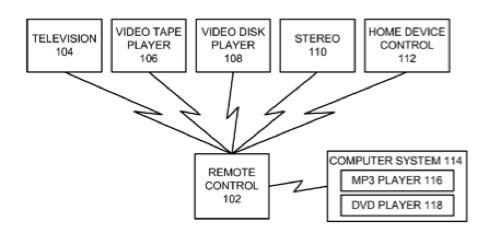Last week Intel unveiled its “Sandy Bridge” processors, chips that will probably be appearing in Macs by spring. Depending on how Apple decides to use the chips, Sandy Bridge could mean the ability to rent and buy the latest movies in high def.
Intel’s current laptop chips are capable of 1080p video, and improvements in Sandy Bridge chips are expected to bring a noticeable graphics improvement to computers. The chips sport security technology that has persuaded some companies to let personal-computer users view movies and television shows in a top-quality video format for the first time. Piracy concerns have previously studios from offering content in 1080p, the Holy Grail (for now, anyway) of high def video viewing.
However, Sandy Bridge processors include built-in content protection to make it safer for Hollywood studios to offer premium movies to consumers over their personal computers.
Time Warner Inc’s Warner Bros Digital Distribution and other studios plan to offer high-definition movies to consumers whose computers use the chips — reportedly at the same time as they’re released on DVD.
The secret to winning the studios’ love? Intel Insider, a chip feature that unlocks high-definition movies from online streaming services by establishing a secure connection between streaming services and computers.
“We are hooked on the Internet,” Intel vice president Shmuel “Mooly” Eden said during a CES event in which Intel showed off the Sandy Bridge chips. “Personal computers are no longer a luxury, they are a necessity.”
Studios working with Intel will make hot releases available to Sandy Bridge-driven computers through online services such as Best Buy’s Cinema Now. You’ll also be able to route movies from your computer to your TV.
Warner Brothers Home Entertainment Group President Kevin Tsujihara joined Eden on-stage and said Sandy Bridge and Intel Insider has removed the excuse for movie studios not offering content on-line for fear of privacy. Sandy Bridge lets us put our content out there on a global basis, he says.
However, as “Computerworld” notes (http://macte.ch/w8yTN), controversy has dogged the technology, with audience members at last week’s Consumer Electronics Show saying Intel may be trying to gain control over online movies by requiring users to have Sandy Bridge processors. However, Intel defends the technology, saying the company is trying to provide a security layer that will encourage studios to stream high-definition movies to computers instead of keeping them locked.
Of course, there is the little matter that, despite the intensive amount of DRM [digital rights management in place on every form of high definition video media, pirated content is as prevalent as it ever was. Or as Jon Stokes of “ars technica” (http://macte.ch/chqVt) puts it:
“The nature of digital files is that once there’s a single unencrypted HD copy available in the wild, there’s an infinite number. Hollywood would have to secure every last digital copy with hardware encryption comparable to Sandy Bridge’s, and that won’t happen. Blu-ray has proven all too crackable, so every Blu-ray release is quickly available on file-sharing networks. Indeed, while Intel and Warner Brothers may speak of closing the gap between a Blu-ray release and a 1080p digital download, for many tech-savvy PC users that gap is already just a few hours.”
So will Sandy Bridge Macs enable you to rent and purchase 1080p movies on your Mac? That’s an iffy question; who knows Apple CEO buys into Intel’s reasoning that the Intel Insider technology isn’t another form of DRM.
Then there’s Ultraviolet, but we’ll look at that tomorrow.
— Dennis Sellers
dsellers@applecentral.com




